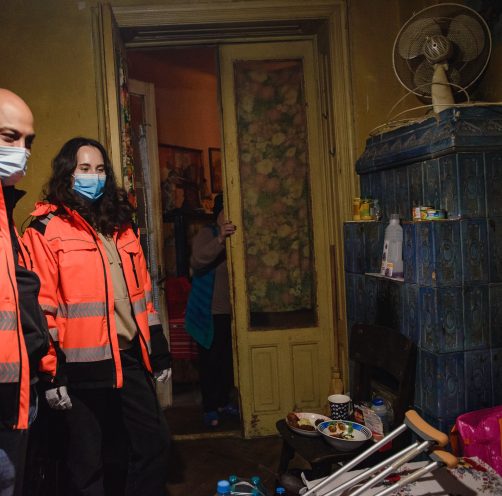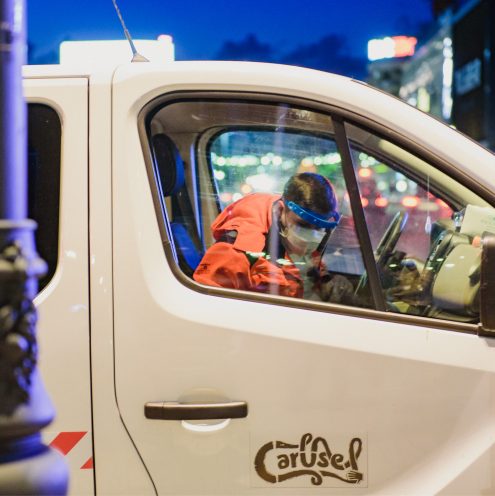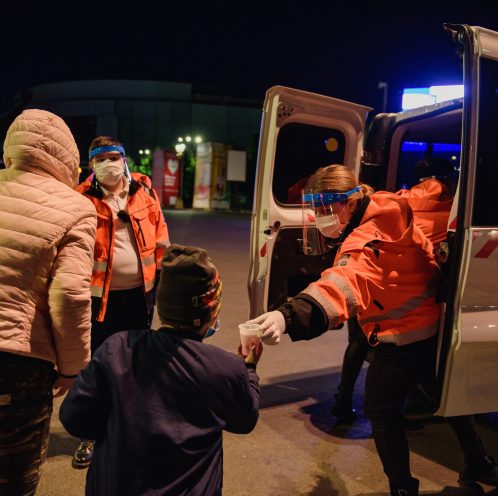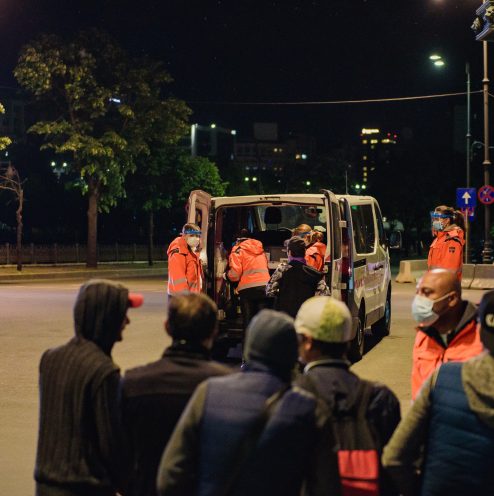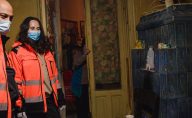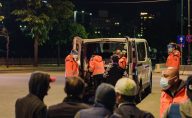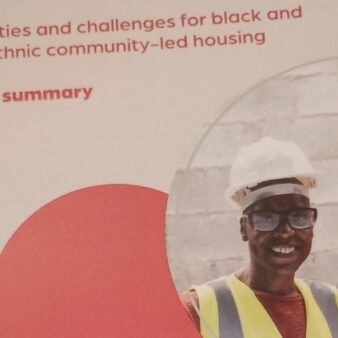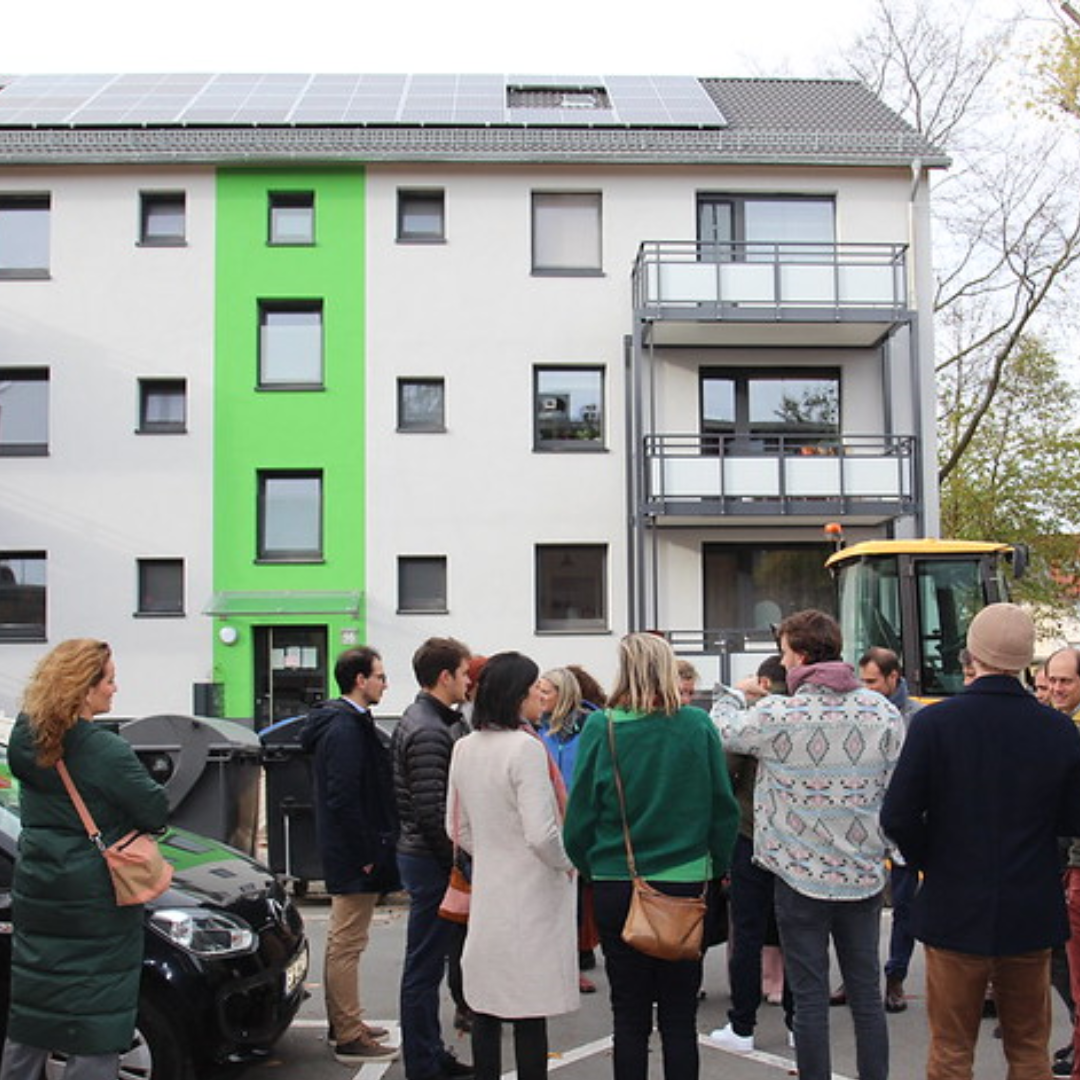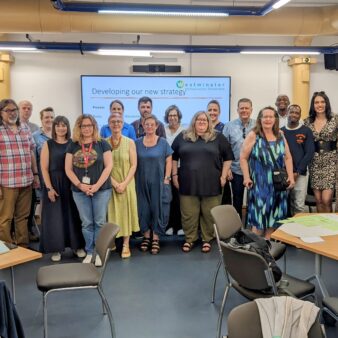Joined the campaign: May 2022
Who’s involved? Our lead partner in Bucharest is the locally based NGO Carusel. The majority of Carusel’s work is in providing direct services – such as outreach, shelters, shower van, integrated day centres – to those facing multiple disadvantages. Carusel supports around 2,500 people a year, including those who are homeless, people living with tuberculosis (TB) and HIV, sex workers, and people who inject drugs. They also carry out research and advocacy.
Carusel, and NGOS such as Casa Ioana, Samu Social and other specialist services have good links and work together with those people who are very vulnerable, with medical conditions, poor living conditions, or on the streets. They deal daily with real ‘survival’ issues.
On top of their core work, Carusel acted quickly to offer an emergency response – providing support, shelter, and advice to hundreds of refugees from Ukraine since March 2022.
What has happened so far?
In Romania, the Social Work Law 292 / 2011 provides the legal definition of homelessness, which includes being on the street, with no house and nowhere to stay. There is no up-to-date official data regarding the number of people experiencing homelessness nationally and it is only this year, 2022, that the Government has been working on the first national public policy targeting people experiencing homelessness. Now, people experiencing homelessness tend to be included as a subgroup in other national strategies, such as social inclusion, reducing poverty, and children.
In the absence of up-to-date official estimates and a national public policy, social services for the homeless provided locally far short in comparison to the actual need, , especially in the wintertime. Other issues that impact on those who are homeless include:
- In Romania citizens need an official ID to access various things, this is linked to your address and lasts for ten years. As homeless people don’t have an address, the Government issues a temporary ID for one year which says you are homeless. This is discriminatory and fosters second class citizenship as no-one will hire you or rent to you with a temporary ID card.
- Most buildings are privately owned, and wages are low so poor people can’t get credit to rent flats or buy things.
- People are often blamed for losing their housing and made to feel shame.
What’s next? Carusel believes that the government needs to deliver on its legal rights, take a new approach, and to make homelessness a priority.
Joining the Campaign is an important step for Carusel to raise awareness in the general population and public authorities on homelessness issues – and gain support for sustainable solutions. They want to develop better evidence and data of the numbers of people experiencing homelessness and conduct a count/survey on the street. Carusel want to start talking now about the potential of Housing First methodology as a key part of tackling homelessness in Romania.
Images: Ioana Epure
